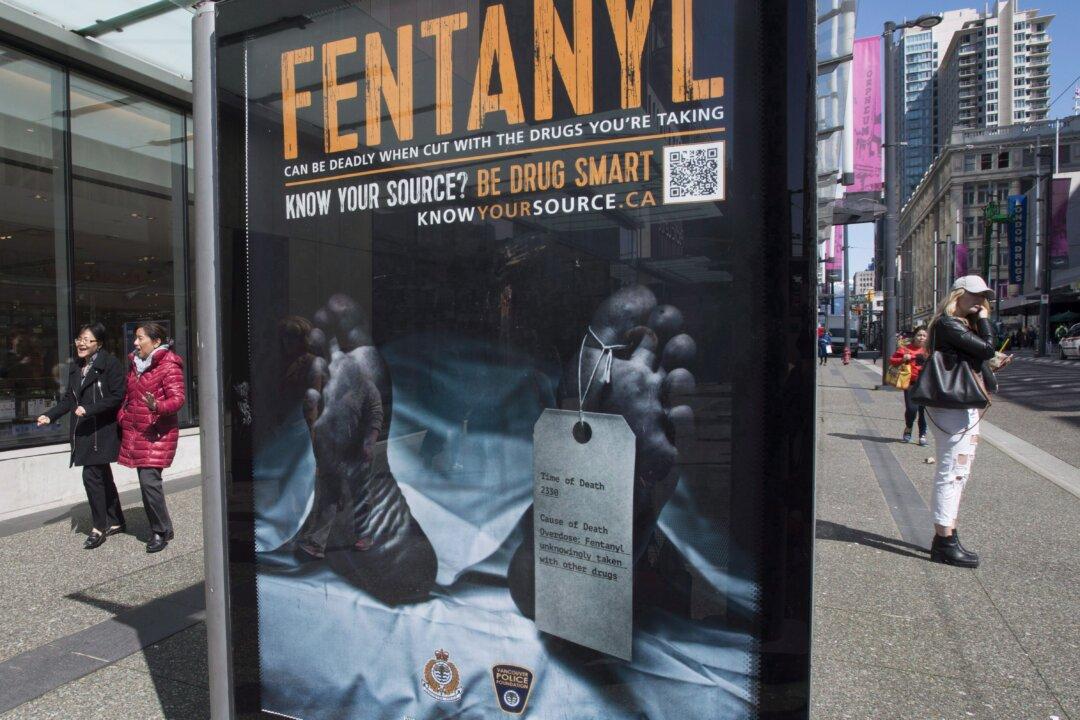Hard drugs are once again illegal in Oregon, as a new law ends a failed experiment in decriminalization.
On Sept 1, the bipartisan House Bill 4002 reintroduced penalties for drug possession.

Hard drugs are once again illegal in Oregon, as a new law ends a failed experiment in decriminalization.
On Sept 1, the bipartisan House Bill 4002 reintroduced penalties for drug possession.